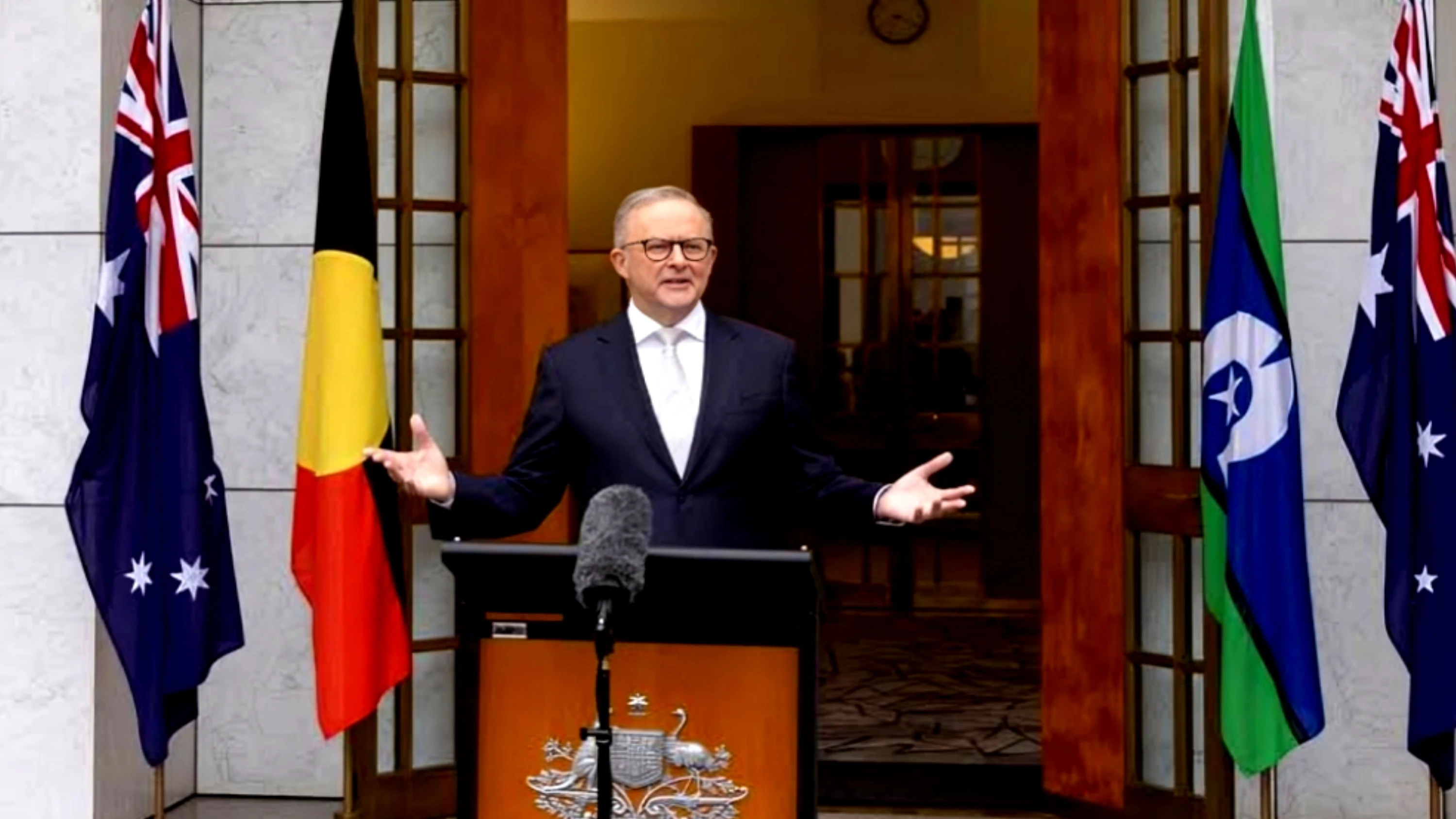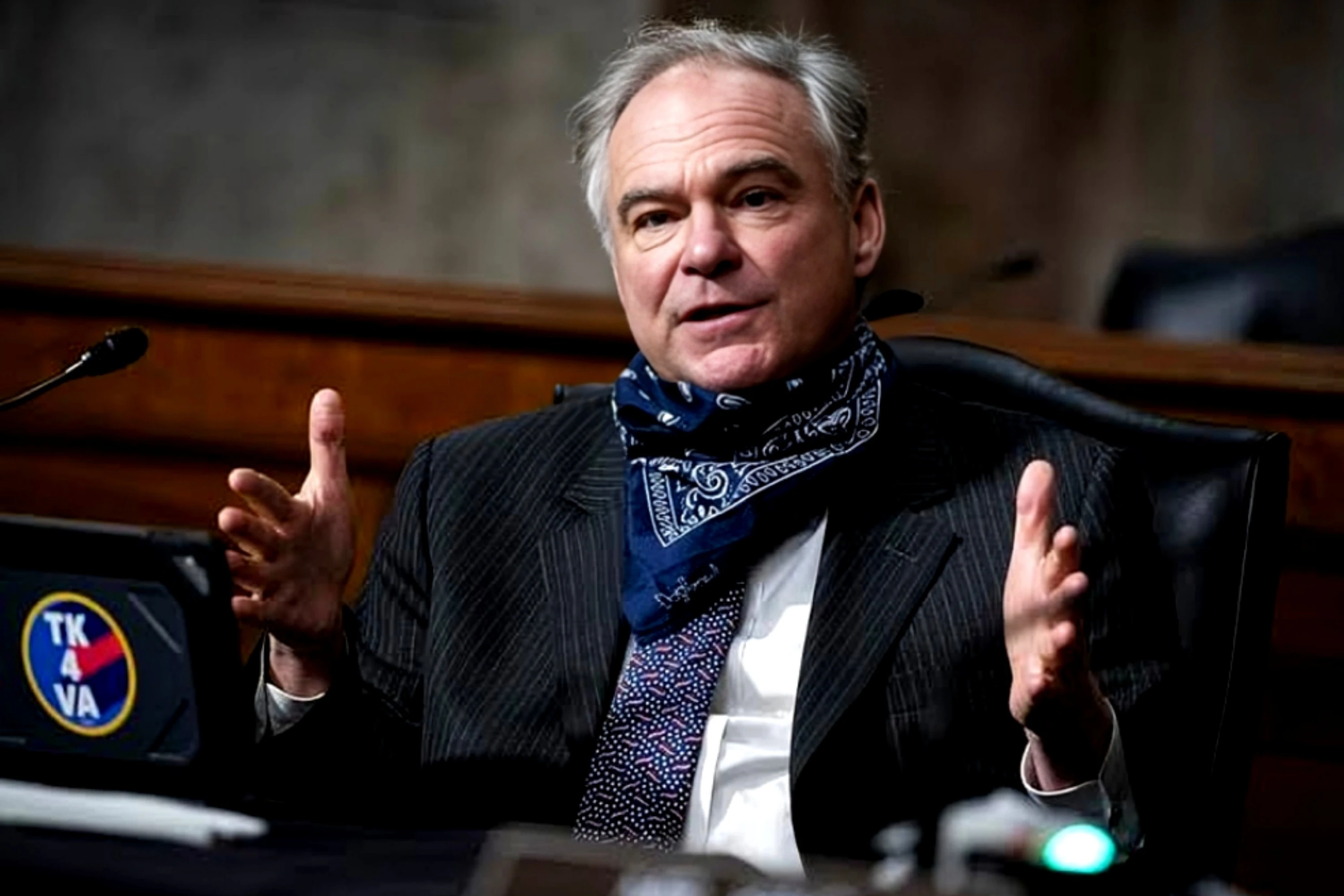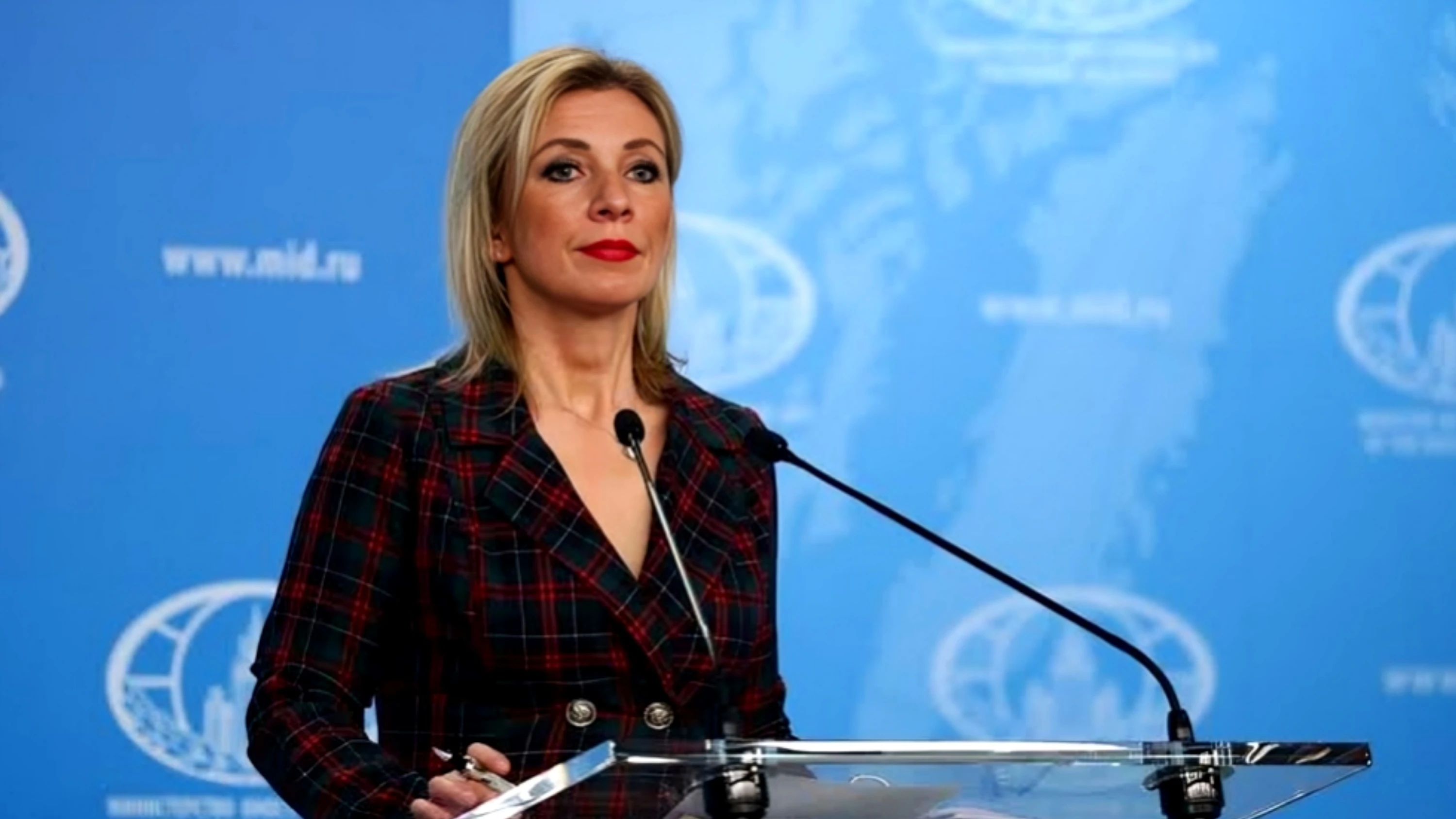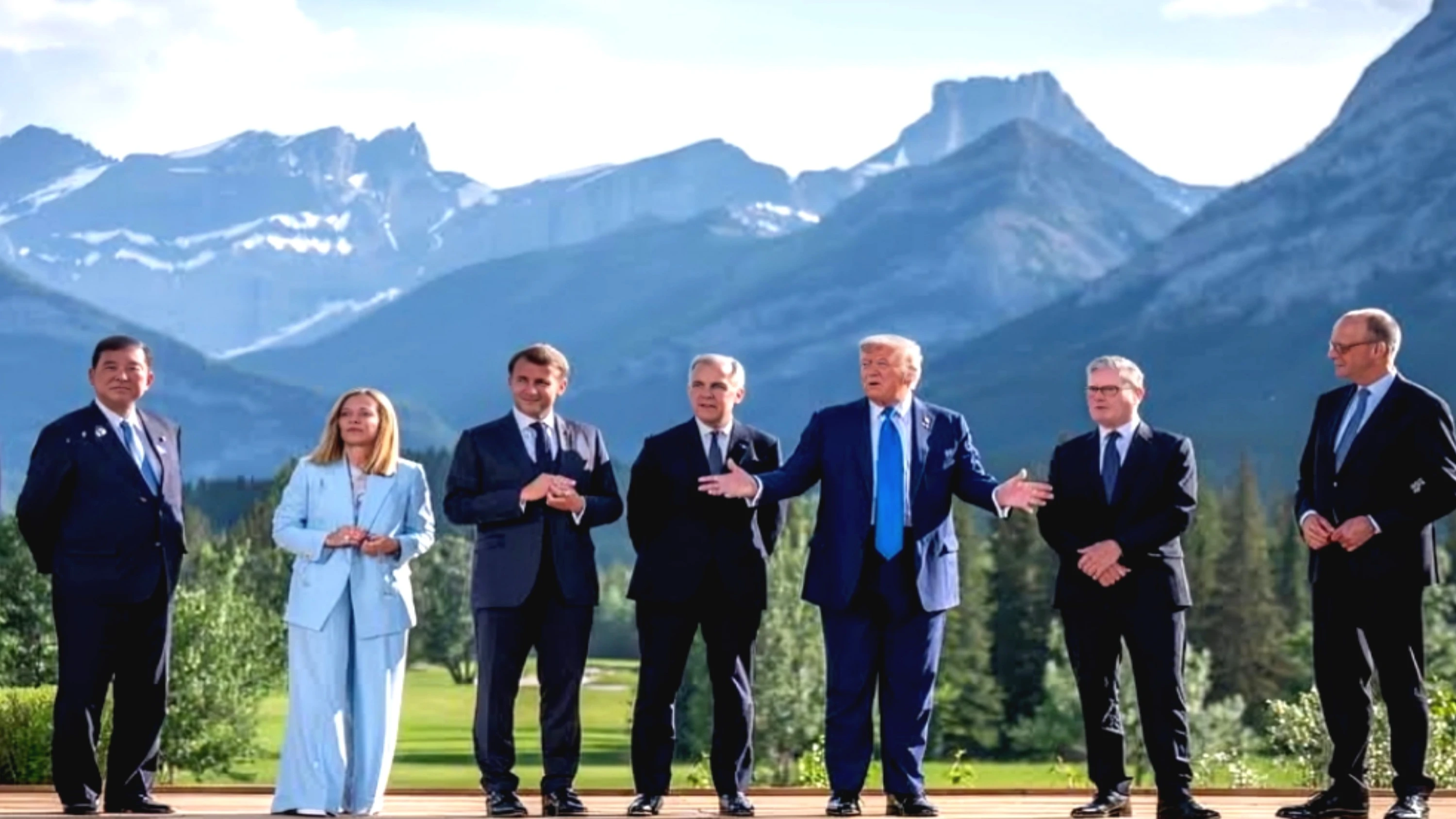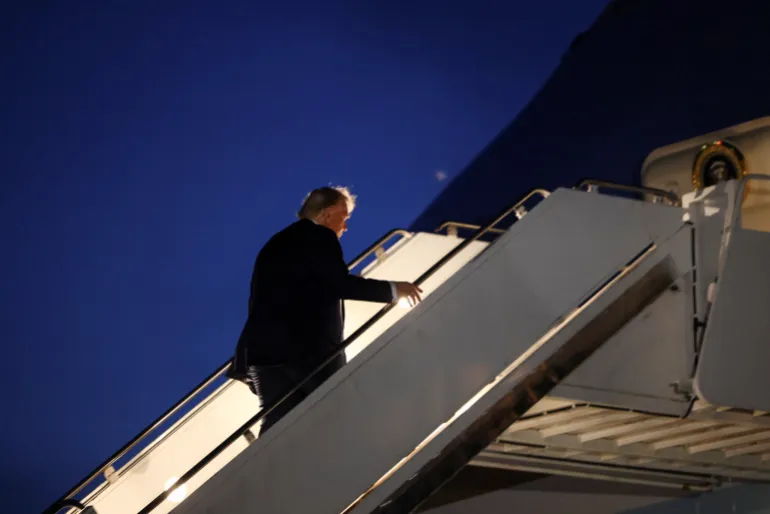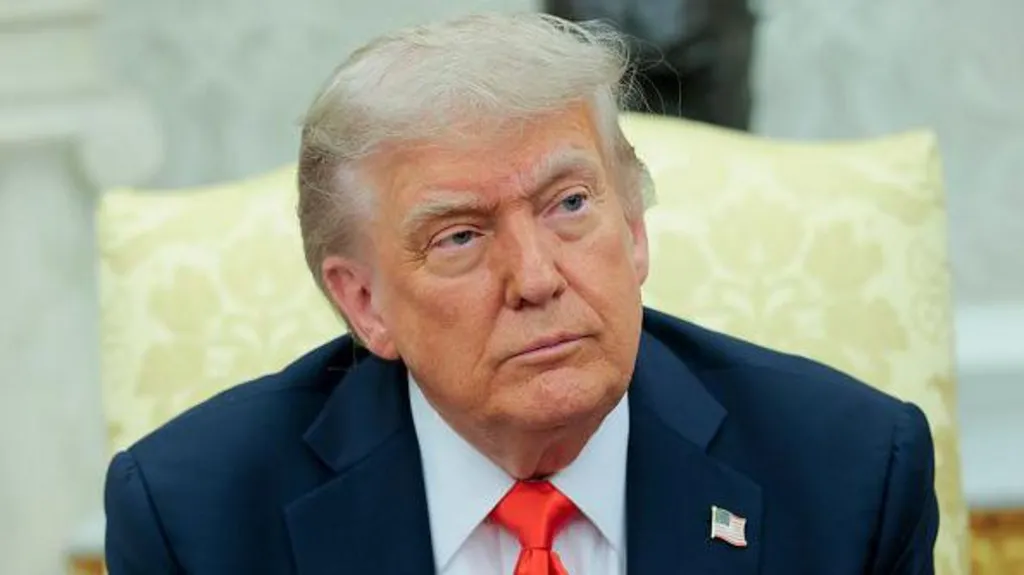Canberra: Australian Prime Minister Anthony Albanese has officially called for a national election to be held on May 3, kicking off a five-week campaign expected to be dominated by economic concerns, particularly the rising cost of living.
Albanese’s Labor government, which secured a majority in the 2022 federal election, is now facing a highly competitive race against the opposition Liberal-National coalition. Recent opinion polls suggest a tight contest when votes from minor parties are factored in.
At a press conference on Friday, Albanese framed the upcoming election as a choice about the country’s future. “Our government has faced global challenges in a way that supports Australians under financial strain while also planning for long-term growth,” he said. "Australia is turning the corner, and on May 3, voters will decide the path forward."
Earlier in the day, Albanese met with Governor-General Sam Mostyn to obtain formal approval for the election, as required under the constitution. The governor-general, who represents King Charles as Australia’s head of state, granted the request.
Albanese has introduced a series of measures aimed at easing financial pressures on families and businesses, including tax cuts announced in this week's budget. However, his campaign strategy has also focused on attacking the opposition, accusing the Liberal-National coalition of planning to cut government programs and reverse recent tax reductions.
The opposition leader, Peter Dutton, has built his campaign around addressing the country’s housing crisis, which he argues has made home ownership increasingly unattainable. On Friday, he pledged to cut permanent migration by 25% to free up more housing and vowed to take steps to lower energy costs for households and businesses.
"If energy remains expensive and unreliable, it will hurt the entire economy," Dutton said, criticizing Labor’s transition to renewable energy. He proposed reserving domestically produced gas for local use to help reduce electricity prices. Additionally, he announced plans to introduce nuclear power in Australia for long-term energy stability.
To further ease financial burdens, Dutton pledged to cut fuel excise, arguing it would provide quicker relief to households compared to Labor’s tax cuts, which are set to take effect next year.
Both major parties have committed an additional A$8.5 billion ($5.42 billion) over four years to strengthen Australia’s public healthcare system. Albanese emphasized his personal experience growing up in public housing and revived concerns from the 2016 election by warning that a Liberal-National government could cut Medicare. Dutton, however, assured voters that his party would maintain Medicare funding and match Labor’s proposed healthcare investments.
Another issue likely to shape the campaign is how each leader would handle relations with the United States. Trump previously imposed tariffs on Australian steel and aluminium exports and is expected to introduce new trade barriers next week.
Albanese emphasized that his government has been actively engaging with the Trump administration to prevent further tariffs. Without directly naming Trump, he also suggested that Dutton’s policies mirrored those of the U.S. president, particularly in areas such as public sector job cuts.
“There are ideas being borrowed from other places – but Australia needs its own path forward,” Albanese said.


